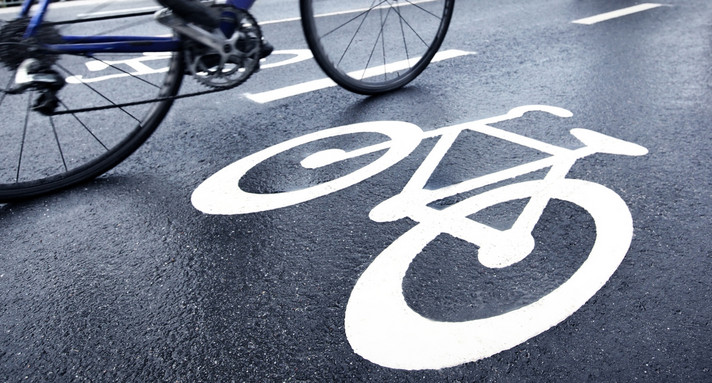The bicycle is the modern and flexible answer to a variety of current social challenges, such as air pollution control, noise, traffic jams and health issues due to lack of exercise. Therefore, the Ministry of Transport systematically supports cycling traffic as a key aspect of future mobility.
In Baden-Württemberg, the Ministry of Transport aims to increase the number of bike journeys up to 20 percent by 2030.
The strategic basis for funding and promoting cycling traffic is the RadSTRATEGIE Baden-Württemberg [bike strategy]. The goal of RadSTRATEGIE is to anchor cycling traffic into the landscape, to establish a cycle culture in Baden-Württemberg and to support the municipalities as the central players for encouraging cycling.
An integral building block for encouraging cycling is the RadNETZ Baden-Württemberg [bike network]. The RadNETZ provides cycle routes along the state’s most important places of establishment. The network has a length of around 7,000 kilometers. The RadNETZ connects around 700 municipalities. While selecting the routes, particular attention has been paid to the needs of everyday cyclists, as well as to a reliable signage system. The state’s long-distance cycle routes are also integrated into this network.
A new focus in the development of the cycling traffic infrastructure is on fast cycle paths. These special routes for commuters make cycling longer distances of up to 15 kilometers even more attractive.
The German Ministry of Transport has been systematically pursuing a policy of communication within the scope of the RadKULTUR [bike culture] initiative since 2012. The RadKULTUR program supports towns and administrative districts in putting bikes in the spotlight and motivating people to use their bikes as means of transport in their everyday routine. A further focal point of the policy is on cycling to work, as well as funding and supporting municipalities.

